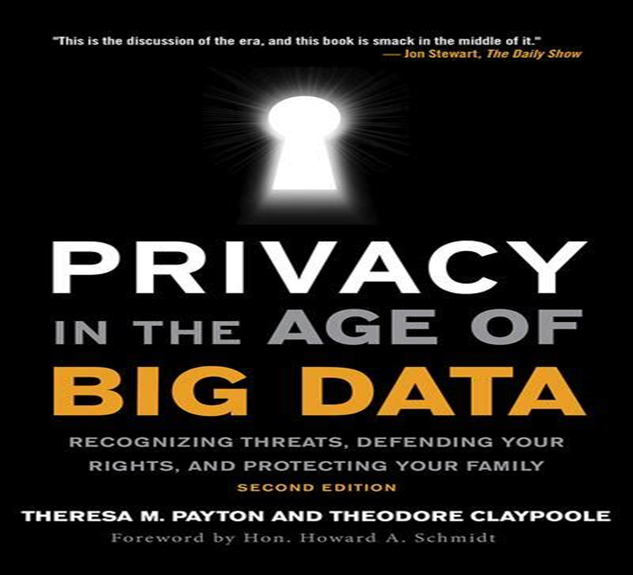
In this age of technology, personal data has become the new currency. Social media platforms and apps collect an incredible amount of information about us, often without our complete understanding of what that entails. Privacy Hive wants to empower you and your family to take control of your digital footprint and better understand the surveillance you may be experiencing.
What Data is Being Collected?
When you use social media platforms and apps, they collect various types of data, including:
- Location Data: Information about your whereabouts and movements.
- Search History: A record of what you’ve searched for online.
- Purchase History: Details about your shopping habits and transactions.
- Usage Data: How often and in what ways do you use the app or platform?
- Device Information: Data about the device you’re using, such as its model, operating system, and more.
Why is Data Being Collected?
Social media platforms collect your data to build detailed profiles about you, including your preferences, behaviors, and interests. This data primarily targets you with personalized advertisements, keeping you engaged and generating revenue for the platform. However, this practice can work against you by influencing your choices, invading your privacy, and even exposing you to manipulation through algorithms designed to exploit your psychological tendencies. In essence, your data becomes a tool to serve their platform’s goals, often at the expense of your autonomy and security.
Downloading Your Data
Many platforms offer the option to download your data, allowing you to see exactly what information they have collected about you. Here are some links to get you started:
- Google: My Activity – Review your Google account activity.
- Facebook: Download Your Information – Access a copy of your Facebook data.
- Twitter: Download an Archive of Your Data – Get a copy of your Twitter data.
- Instagram: Download Your Data – Download Your Instagram information.
- LinkedIn: Data and Privacy – Access your LinkedIn data.
- Pinterest: Download Your Pinterest Data – Get your Pinterest data.
- YouTube: Download Your Data – Download Your YouTube data.
- Snapchat: My Data – Access your Snapchat data.
- TikTok: Request Data – Download your TikTok data.
- Reddit: Request a Copy of Your Data – Delete your Reddit data.
Understanding What’s Happening
Downloading and reviewing your data is a vital step in understanding the digital surveillance you are personally experiencing. By examining this data, you can become aware of:
- How much information is being collected: You might be surprised at the depth and breadth of data platforms have about you.
- What data is most frequently tracked: Identifying trends in data collection can help you understand how platforms use your information.
- Potential privacy risks: Recognizing the types of data collected can help you assess potential privacy vulnerabilities.
Acting
Once you understand what data is being collected, you can take steps to protect your privacy:
- Review Privacy Settings: Adjust the privacy settings on each platform to limit the amount of data they can collect.
- Use Privacy Tools: To enhance your online security, consider using tools such as VPNs (Virtual Private Networks) and privacy-focused browsers.
- Be Mindful of App Permissions: Regularly review the permissions granted to apps on your devices and revoke any unnecessary ones.
- Educate Yourself and Others: Stay informed about digital privacy and share your knowledge with friends and family to promote a culture of privacy awareness.
Conclusion
Understanding digital surveillance and taking control of your family’s data is crucial in today’s digital world. By being aware of what information is collected and how it’s used, you can take proactive steps to protect your privacy and maintain control over your digital life. Remember, knowledge is power—arm yourself with the information you need to navigate the digital landscape safely and securely.

